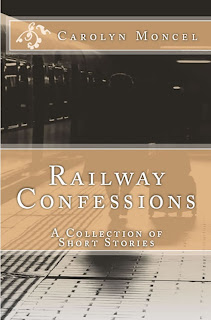Besides my family and friends, there are only three more things that I love: books, music and movies.
So when I learned of film critic Roger Ebert's sudden passing a few days ago, I was really sad. I knew that he had been quite sick for many years but he was still working. A fellow Chicagoan and Pulitzer Prize winning author, he was adored back in my hometown and considered a city treasure.
Even though I hadn't been following his reviews
nearly as much since moving abroad, I would still read an occasional post
online. To be sure I will miss his
famous two thumbs up movie rating. However, what I will miss more is the gift
that he gave to me: pure discovery,
something I’ve always known could only be matched by books.
When I was a little girl, I started watching
Roger’s review first on the local ABC news affiliate WLS-TV. Later, I moved on
to his Sunday columns in the Chicago Sun-Times, long before “At the Movies with
Siskel & Ebert” debuted in syndication.
I not only watched the show for popular releases but also for the
independent and foreign films reviewed, those tiny little movies that may have
only opened in some obscure art house on the other side of town. Movies like, “Tie Me Up, Tie Me Down”, “Like
Water for Chocolate”, and “Three Colors: Blue, White and Red.” Roger introduced me equally to Martin
Scorsese and Francois Truffaut, Spike Lee and Jim Jarmusch, Louis Malle and
Luis Bunuel, Kasi Lemmons and Sophia Coppola, Ingmar Berman and Akira
Kirowasawa and many more.
Roger made me want to travel the world, and for a little black girl like me growing up in a working-class neighborhood on the Southside of Chicago, my world should have halted in downtown at State and Lake Streets. I was far too young to go anyplace, but movies and books provided other ways for me to travel without ever leaving my bedroom.
Roger also made me want to write because the
more he discussed important screenwriting mechanics—the nuts and bolts of good
storytelling, the more I realized that those same principals applied to fiction
writing in general.
Fast forward many years later, I now live
overseas and have been doing so for over ten years. I still haven’t been to the Cannes Film
festival, but I have vacationed there. I've
been to nearly every place that I so admired on the silver screen. Ironically, these global settings and how I
experiences them personally often become critical component in the creation of
my fictional characters and the world in which they live.
Film played a tremendous role in my need to
become not just a writer but a storyteller. It is true that we are not always
aware of where our influences come from, but here’s what I do know: every experience (our childhood, lifestyles choices,
hobbies, and yes, even movies, books and film) shapes us as storytellers.
God bless you, Roger. Thank you for
challenging me and countless others to see the world through film and incorporate
those visions into our own work. Rest in peace.










